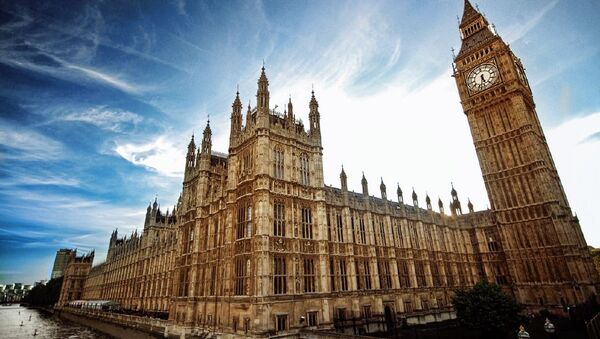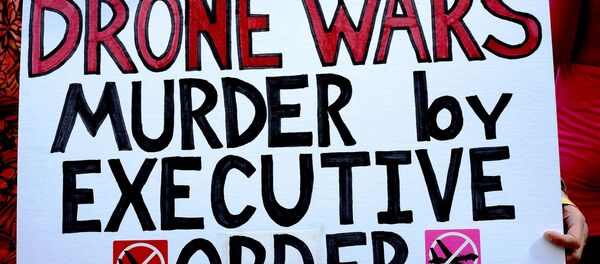It's since emerged that a drone came within 20 meters of a passenger airplane as it flew it over the Houses of Parliament in London.
A report by UK Airprox Board (UKAB) said the unmanned craft was spotted by the pilot as it came in for landing at City Airport in September 2015. The pilot reported a "high" risk of collision.
"It was initially reported to Air Traffic Control as a balloon, but as it passed it became apparent that it was a silver drone with a 'balloon-like' center and four small rotors on each corner," the report by UKAB said.
The operator of the drone has not been traced but stands accused by the UKAB of causing a "flight safety risk" above central London.
The Eagle Has Landed
The British Airline Pilots Association (BALPA) is calling for stricter laws to govern the use of drones in urban areas — but there is still no way to track the unmanned crafts. However, the Netherlands appear to have an interesting approach.
Serious Drone near misses prompt warning from pilots https://t.co/ecwhrpXaM4
— BALPA (@BALPApilots) January 29, 2016
The Dutch National Police are training eagles to take down drones. According to Spectrum magazine, which is edited by the Institute of Electrical and Electronics Engineers, Dutch police have partnered with Guard From Above, a training company in Denmark to see if birds of prey can be used as an anti-drone weapon system.
Drones taken down by eagles trained by Dutch police (via @Jonny_Hallam) https://t.co/l3Qxea1WoT
— Alexander Marquardt (@MarquardtA) February 1, 2016
The report in Spectrum.ieee.org says that the Dutch police are carrying out tests to decide whether using eagles to take down drones is "effective and appropriate means of preventing unwanted drone use."
Dutch Police Training Eagles to Take Down Drones — Attack eagles are training to become part of the Dutch Natio… https://t.co/osfVTvUVXR
— IEEE Spectrum (@IEEESpectrum) February 1, 2016
The UKAB is calling for jail sentences for drone owners who fly their objects too close to planes, as in the instance above London's Houses of Parliament: "This type of incident is becoming more prevalent and the next incident might be a near-miss but a collision."



